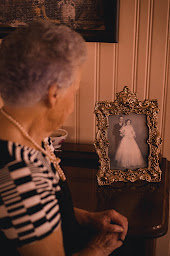
I want to raise awareness of a superb, Dementia Care podcast that is readily available here or from wherever you go for your podcasts. Created by the exceptional Lauren Mahakian, each podcast explores the spectrum of dementia and dementia care in practical, down-to-earth terms. The content is made very accessible in a way that will educate and support carers, friends and family, whatever their perspective may be. There’s a back-catalogue of thought provoking editions going back to 2019 which shares knowledge and demonstrates what is possible when you have the dedication and courage to think outside the box.








